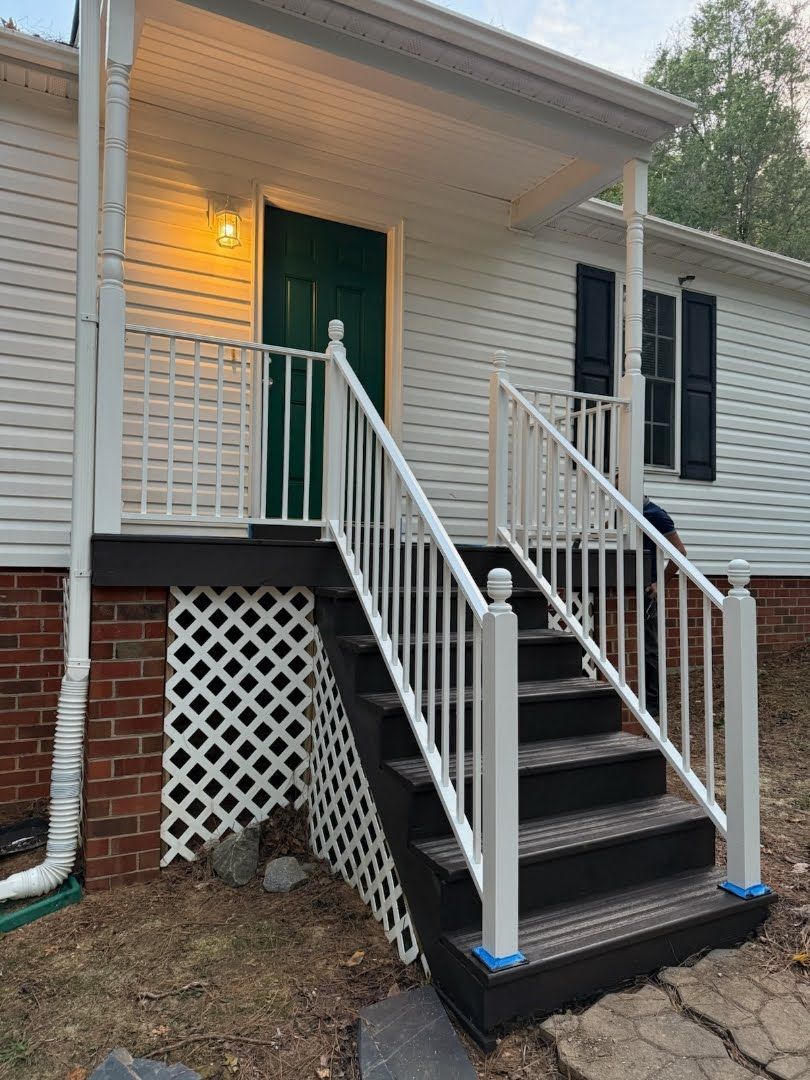What Happens to My Mortgage If I Sell My House?
Selling your home can feel overwhelming, especially when you still have a mortgage to pay off. Many homeowners wonder, "What happens to my mortgage if I sell my house?" Let's break down the process and explain how a home sale affects your existing mortgage balance.

1. Understanding Your Mortgage Payoff Amount
When you decide to sell your home, one of the first things you’ll need to do is find out your mortgage payoff amount. This is the total amount required to fully settle your loan at the time of sale. Keep in mind that this amount might be slightly higher than the remaining principal due to additional fees, interest, or prepayment penalties.
Tip #1: Contact your mortgage lender to get the accurate payoff figure.
2. Using Proceeds from the Sale to Pay Off the Mortgage
In most cases, proceeds from the sale of your home go toward paying off your mortgage. After accepting an offer and closing the sale, a portion of the funds goes directly to your lender to clear your remaining mortgage balance. Any profit left over after the mortgage is paid off is yours to keep or invest as you choose.
Tip #2: Calculate potential selling price minus agent fees and expenses and the mortgage balance to determine an estimated profit.
3. What If the Sale Price Is Less Than My Mortgage Balance?
If your home’s sale price is lower than your remaining mortgage balance, you may be facing a situation known as a short sale. In a short sale, your lender agrees to let you sell the property for less than what’s owed, but you will need their approval for this option. While a short sale can impact your credit, it may be a better choice than facing foreclosure if you’re struggling financially. In some situations you may be required to pay off the balance with your lender.
Tip #3: Consult a professional if you owe more than what the home may sell for.
More Options for Selling with Negative Equity or "Underwater" Mortgages
For homeowners with an "underwater" mortgage—where the mortgage balance is higher than the home’s market value—there are a few options:
- Negotiating with Your Lender: Some lenders offer solutions like refinancing or loan modifications to help you stay in the home if selling isn’t feasible.
- Selling to a Cash Buyer: Many cash buyers or homebuying companies specialize in purchasing homes in this situation. They may offer you an easy way out, so you’re no longer burdened by mortgage payments.
4. Working with a Homebuying Company for Creative Deals
At webuyhousesrva.com, we help homeowners in Richmond and surrounding areas sell their homes quickly and efficiently, even with an outstanding mortgage. We can guide you through the process, answer your questions, and ensure you understand every step.
Your options are to sell your home directly for a cash offer, but homebuying companies are also able to offer creative financing for properties that have an underwater mortgage by offering a
"subject to" financing deal structure. To simplify it: homebuyers can offer to take over the mortgage if the rate for the property is lower than what is being currently being offered in the market.
For example:
A property owned for a short amount of time like one bought during 2021 with a rate of 3% for $200,000. The property now may only sell for $220,000; however, after 6% agent fees and 3% in other closing costs you may only profit $200 out of a $220,000 sale! ($220,000 - 9% in fees or $19,800) = $200. Its definitely simplifying it but this can illustrate how properties not owned for a long period of time are stuck. Plus after closing costs in buying it you could actually lose money!
Homebuyers are able to offer a subject to financing deal structure, which the homebuyer purchases the property and takes over the mortgage. One unique disadvantage is that the buyer's payments reflect onto your own credit, so its important to use a reputable and BBB rated company to verify they hold up their end of the bargain. On top of getting access to a lower rate (3% in this example) versus what is currently being offered (6.72% as of 10/31/2024) the buyer will actually pay you on top of what they are getting for the discounted rate. So a homebuying company may offer to do subject to financing where they can access a better rate of 3% from this example, and pay you $20,000 on top of this so you can exit the property with cash in your pocket. A win-win for both parties.
Again, this is simplifying it so please contact a real estate professional for your unique situation.
If you’re considering selling your home with a mortgage, rest assured that the process is straightforward. After finding out your payoff amount, you’ll be able to determine the best steps forward. Whether your goal is to sell quickly or navigate financial challenges, we’re here to help you with a fast and simple solution to ease the burden of an existing mortgage.
Ready to explore selling your home with an outstanding mortgage? Contact us today!
You might also like
Blog





